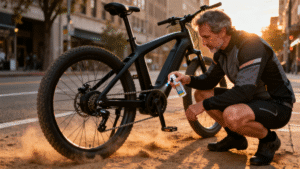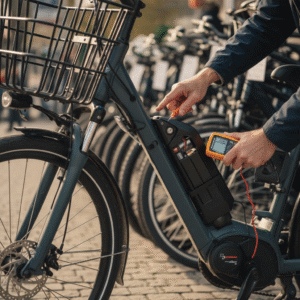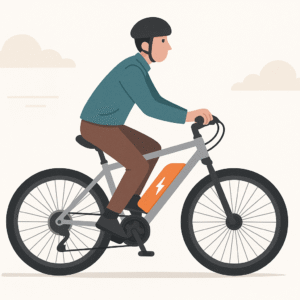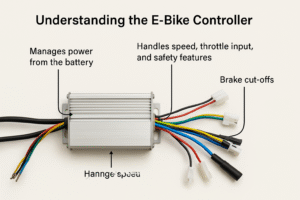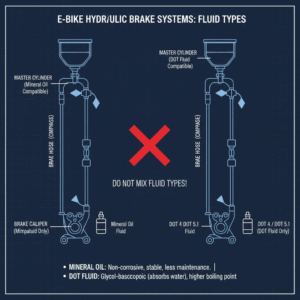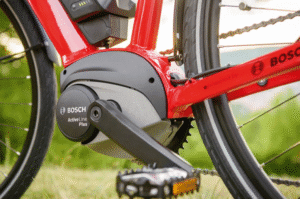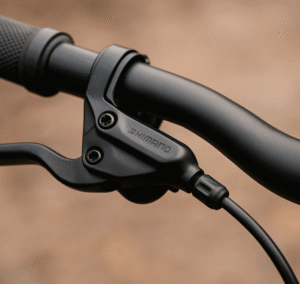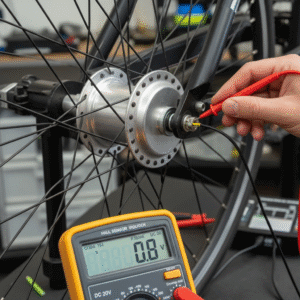Many seniors today stay active by helping with family duties like school pickups. Choosing between an electric bike and an electric tricycle depends on balance, safety, and ease of carrying kids. This guide weighs pros, cons, and practical tips to help you decide. Both options offer eco-friendly rides with pedal assist, but one might suit your lifestyle better.
Featured Summary
For seniors picking up grandchildren, an electric tricycle often wins for its stability and cargo space, reducing fall risks while allowing easy kid transport.
Electric bikes provide more speed and agility but require good balance. Safety features, child seats, and local terrain matter most. In my experience, trikes build confidence for older riders, especially on short school runs.
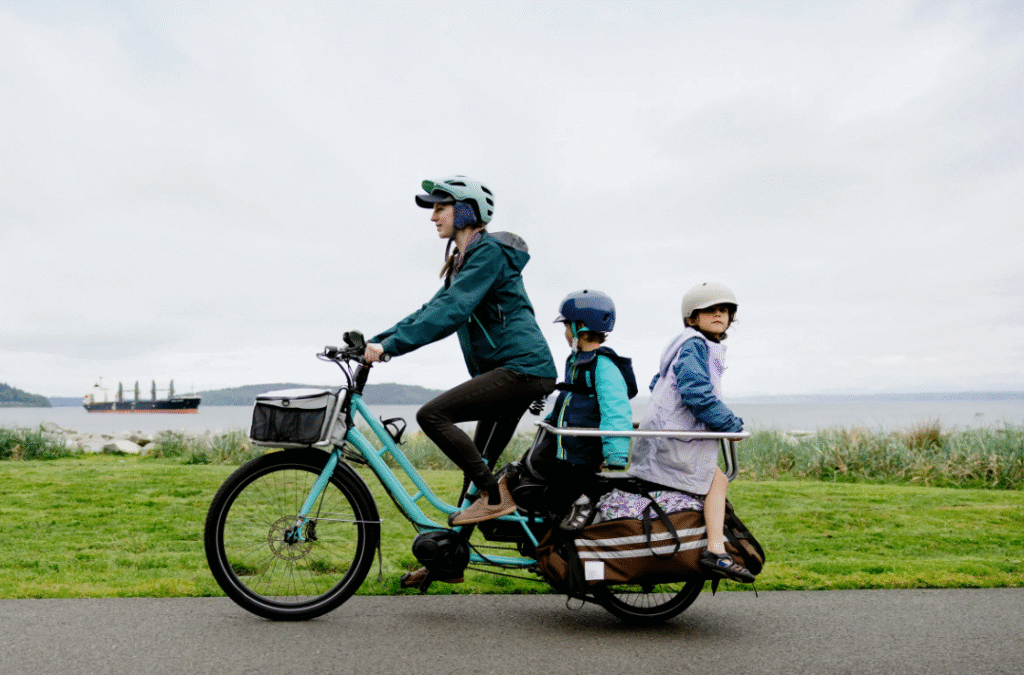
Understanding Seniors’ Needs for School Pickups
Seniors often face mobility challenges like reduced balance or joint pain. School pickups involve short distances, traffic, and handling kids’ gear.
Electric options ease pedaling with motors, making hills manageable. Consider your fitness level and route type.
Balance and Stability Concerns
Aging can affect coordination. Electric tricycles shine here with three wheels preventing tips.
Electric bikes demand steady handling, especially at stops. If balance worries you, start with a trike.
Distance and Terrain Factors
School runs are usually under 5 miles. Both handle flat paths well, but trikes manage uneven surfaces better due to width.
Bikes excel on narrow trails. Assess your neighborhood for the best fit.
Recommended: 5 Fixes When Your E-Bike Battery Won’t Charge
Pros and Cons of Electric Bikes for Seniors
Electric bikes mimic traditional cycling with added power. They’re popular for recreation and errands.
They boost independence without full reliance on cars.
Advantages
Agility: Lighter design allows quick turns in traffic.
Speed: Reach up to 20 mph easily, shortening trips.
Range: Batteries last 20-50 miles, ideal for daily use.
Disadvantages
Balance Required: Riskier for those with vestibular issues.
Storage Limits: Less space for kids’ bags or seats.
Cost: Entry models start at $1,000, premiums higher.
In my view, bikes suit active seniors who cycle regularly.
Pros and Cons of Electric Tricycles for Seniors
Electric tricycles offer a stable alternative, often preferred by older adults. They resemble bikes but with extra support.
Many models include baskets for easy carrying.
Advantages
Stability: No tipping, even at low speeds or stops.
Comfort: Upright seats reduce back strain.
Cargo Space: Built-in areas for kids or groceries.
Disadvantages
Width: Harder in tight spaces or bike lanes.
Weight: Heavier, making storage tricky.
Speed: Tops at 15-18 mph, slower than bikes.
Trikes feel secure, based on user feedback I’ve seen.
Comparison Table: Electric Bike vs Electric Tricycle
| Feature | Electric Bike | Electric Tricycle |
|---|---|---|
| Stability | Requires good balance | Excellent, no tipping |
| Speed | Up to 20-28 mph | Up to 15-20 mph |
| Cargo Capacity | Limited, add-ons needed | Built-in baskets or seats |
| Maneuverability | High in narrow areas | Lower due to width |
| Price Range | $800-$3,000 | $1,200-$4,000 |
| Best For | Active seniors on smooth paths | Balance-challenged with kids |
This table highlights key differences.
Choose based on your priorities.
Recommended: Electric Bike Bearing Troubleshooting Tips

Safety Considerations for Seniors Riding with Kids
Safety tops the list when transporting grandchildren. Both vehicles need helmets and lights.
Electric tricycles reduce fall risks, crucial for seniors over 70.
Helmet and Gear Essentials
Always wear helmets. Kids need properly fitted ones.
Add reflective gear for visibility.
Traffic and Route Planning
Stick to bike paths. Avoid busy roads.
Practice in safe areas first.
Health Checks Before Riding
Consult a doctor if you have conditions like arthritis.
Start slow to build stamina.
Sources confirm trikes are safer for balance issues.

Transporting Children: Bike Seats and Cargo Options
Picking up kids means safe transport. Both can adapt, but trikes handle it better.
Use certified child seats.
Options for Electric Bikes
Rear seats or trailers work. Ensure weight limits.
Cargo bikes extend for multiple kids.
Options for Electric Tricycles
Built-in benches or baskets fit small children.
Easier boarding for toddlers.
Legal and Weight Guidelines
Check local laws on passenger age. Most allow kids over 1 year.
Don’t exceed vehicle capacity.
Images show practical setups for family rides.
My Recommendations and Final Thoughts
For most seniors picking up kids, go with an electric tricycle. It offers peace of mind with stability.
If you’re fit and balanced, an electric bike provides fun speed.
Test ride both. Brands like Rad Power or Lectric offer senior-friendly models.
In my experience, trikes encourage more outings.
Top Models to Consider
Lectric XP Trike: Affordable, stable.
RadRunner Bike: Versatile for cargo.
Budget and features vary.
Maintenance Tips
Charge batteries regularly. Check brakes often.
Store indoors to prolong life.
This choice boosts mobility and family time.
